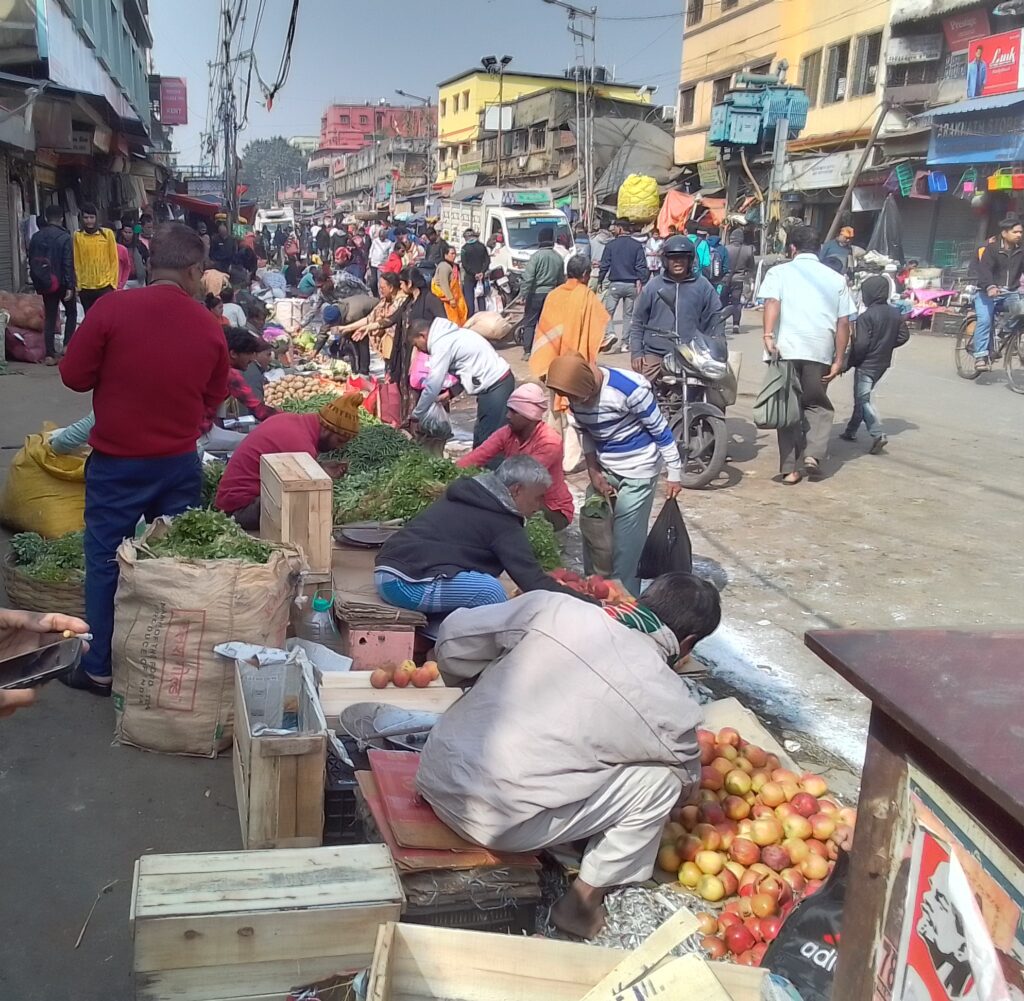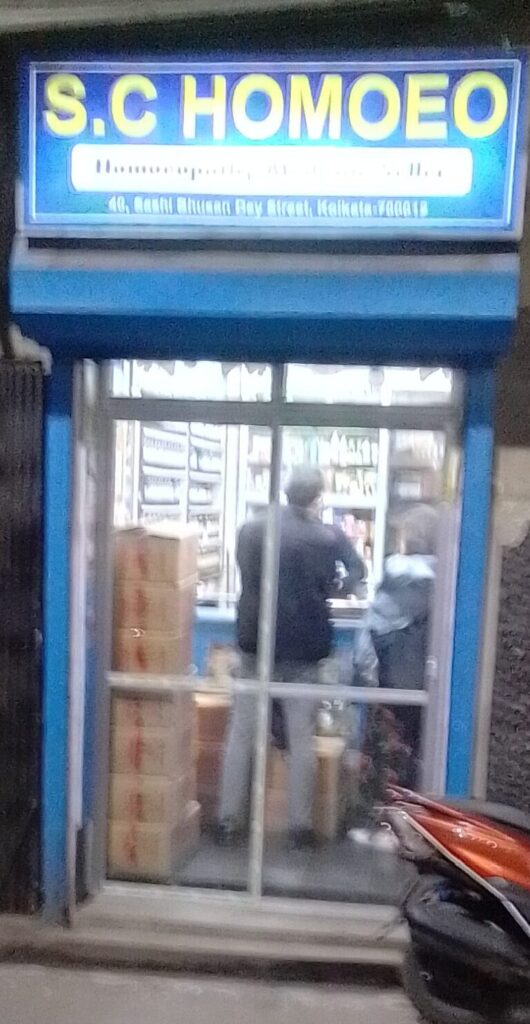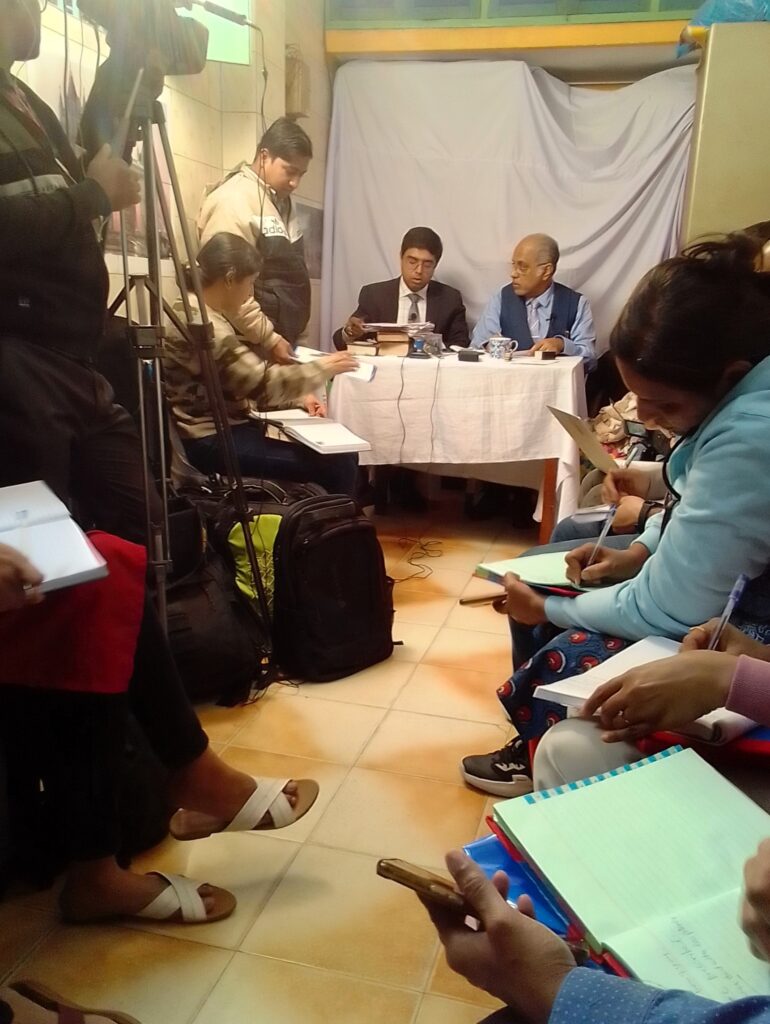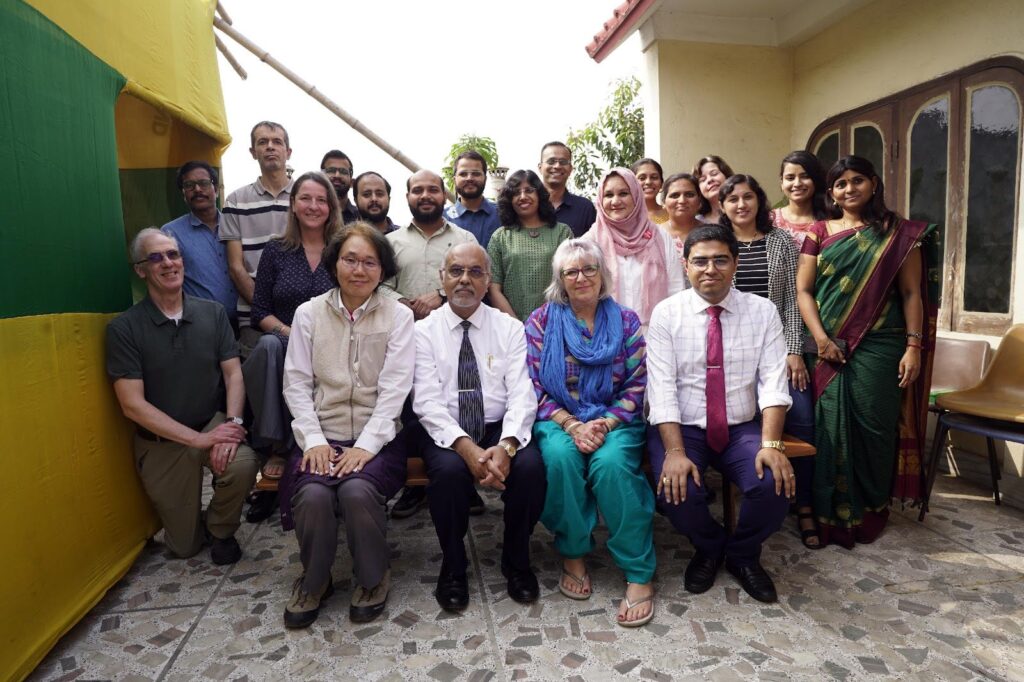Homeopathy in Kolkata is for many the home of Classical Homeopathy. In January I had the privilige to attend a course run at the Bengal Allen Medical Institute in Kolkata (Calcutta).
Some 18% of the world’s population live in India – about 1.5 billion. Although there are many poor people it is a fast developing country and is the fifth largest economy in the world.

Dr Saptarshi Banerjea now runs the Calcutta Clinic. His father Dr Subrata is primarily UK based but regularly visits India to assist. Respectively they are the fourth and fifth generation of homeopathic doctors. During the two week course the two doctors saw over 150 patients. In addition to the main clinic they also host a low cost ‘slum’ clinic which we were privilidged to visit.
In a departure from my recent blogs themes, I wish to share with you a different health care model to that which you find in the West. One that offers the cleint more choice.
At the outset let me say that in India that orthodox ‘western’ medicine such as you find in the NHS is widely available through both state and private facilities. It is not by accident that many doctors from the Indian subcontinent practice in the UK.
Almost all the patients seen by the Drs Banerjea had undergone orthodox investigation, diagnosis and treatment. The strengths of orthodox medicine are not to be denied, but neither are the limitations. Medicine is complex, and the nature of healing more complex still. There is no single approach.

Dr Subrata jokes that if you were to throw a stone in Calcutta, you would hit a Homeopath. Perhaps an exaggeration, but there are many pharmacies specialising in homeopathic medicines upon which the local communities rely.
So how is medical training in India organised? As mentioned there is a strong focus on the ‘orthodox’ model as we understand it. But not to the exclusion of other systems.
The simple answer is that the Indian Government recognises traditional forms of medicine.
There exists a Ministry of AYUSH. The accroynm is a play on the Sanskrit word for Long Life, and incorporates Ayurvedic, Yoga and Naturopathy, Unani, Siddha and Homeopathy. Ayurvedic and Siddha rather overlap. Their focus is to reestablish balance by dietary herbal and other means. Unani is not dissimilar but is Arabic/ Persian in origin.
These approaches reach back millenia and it is worth remembering that what we in the west see as orthodox medicine is a very recent science.
Almost everyone will have some familiarity with Yoga and how it benefits both mind and posture. There is much about Homeopathy on this website of course, but you can find an introduction here.
In India, medical students with an interest in Homeopathy study for the BHMS qualification (Bachelor of Homeopathy and Medical Science). This is equivalent to the MBBS (Bachelor of Medicine and Surgery) within the western orthodox model. Obviously there is appropriate training in the other pathways, though I am unfamiliar with the details.
Practitioners and patients may favour (or show bias to) one approach over another. But they reflect different ways of approaching health and the different outlooks of physician and patient alike. One size does not fit all. The majority present at the course were Indian BHMS qualified doctors.

Over the two weeks there were both new and follow-up cases. There were a wide range of complaints affecting almost every system of the body: skin, respiratory, musculo-skeletal, gastic, cardiac, emotional / neurological and so forth. It most cases, given time, improvement resulted. Significantly so in some cases.
As a general rule it is difficult to reverse well established pathology, but symptoms can often be eased. You can get an idea of the range of cases from Dr Saptarshi’s website.
The in-depth knowlege of both father and son of the Homeopathic Materia Medica (that is to say the applicability of the homeopathic remedies) was truly impressive. Many patients travelled for long hours to reach the clinic which is testimony to the achievements of this homeopathic dynasty.
I and the other participants can only be in the shadow of the Dr Subrata and Dr Saptarshi but if you would like to discuss how Homeopathy might help you please book a free Discovery call
